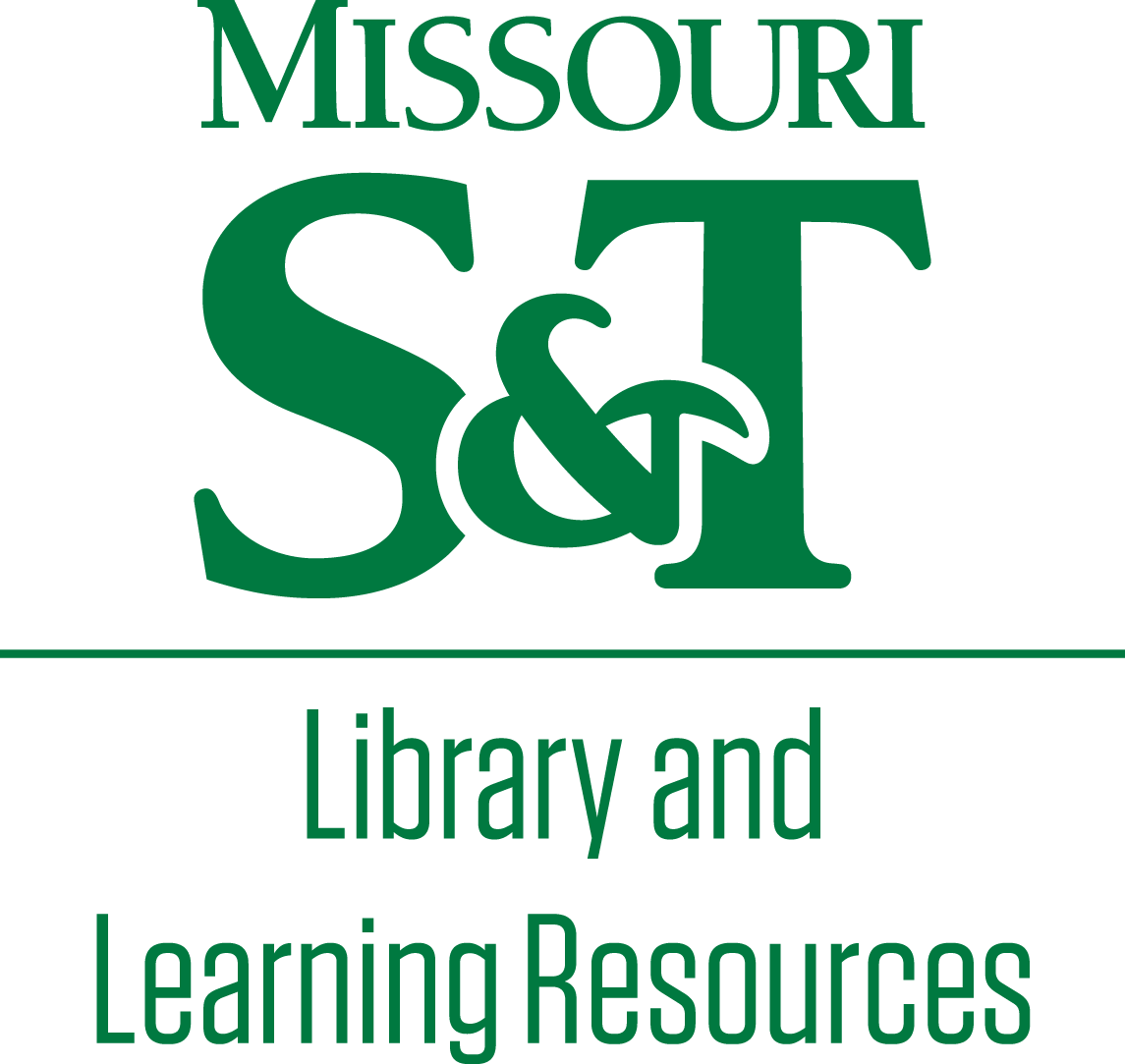Application of in vivo Nuclear Magnetic Resonance Toroid Cavity Detectors to Improve Quality and Availability of Medical Magnetic Resonance Imaging
Department
Chemistry
Major
Chemistry
Research Advisor
Woelk, Klaus
Advisor's Department
Chemistry
Funding Source
Missouri S&T OURE Program; Missouri S&T Chemistry Department
Abstract
Magnetic Resonance Imaging (MRI) is a common technique in medicine, providing accurate data for medical diagnosis. Though MRI is a powerful diagnostic tool, it has drawbacks, such as using pulsed magnetic gradients and radio-frequency pulses that interfere with electronic implants, like pacemakers, preventing many patients from undergoing MRI’s. Toroid Cavity Detector Nuclear Magnetic Resonance Imaging (TCD-MRI) probes could be modified into acupuncture needle probes that in part could solve these problems. TCD-MRI probes utilize static magnetic field gradients, and radio-frequency pulses can be weaker allowing patients with implants to safely undergo medical MRI procedures. The acupuncture needle of the probe would be inserted directly into the tissue in question, increasing sensitivity and resolution. An acupuncture TCD-MRI probe was constructed and tested on tissue analogs to determine effectiveness. Acupuncture TCD-MRI probes are expected to provide doctors with MRI data for patients that normally could not undergo such procedures, improving public health.
Biography
Robert Block is a sophomore majoring in Chemistry with a Premedicine emphasis, and minoring in Biological Sciences. He has been involved with multiple research projects since he started working with Dr. Woelk’s research group in June 2012, and helps manage and maintain the university’s Nuclear Magnetic Resonance Spectrometers, as well as training researchers on the proper use and care of the spectrometers. Robert plans on attending medical school after graduating from MS&T.
Research Category
Research Proposals
Presentation Type
Poster Presentation
Document Type
Poster
Location
Upper Atrium/Hall
Presentation Date
15 Apr 2015, 1:00 pm - 3:00 pm
Application of in vivo Nuclear Magnetic Resonance Toroid Cavity Detectors to Improve Quality and Availability of Medical Magnetic Resonance Imaging
Upper Atrium/Hall
Magnetic Resonance Imaging (MRI) is a common technique in medicine, providing accurate data for medical diagnosis. Though MRI is a powerful diagnostic tool, it has drawbacks, such as using pulsed magnetic gradients and radio-frequency pulses that interfere with electronic implants, like pacemakers, preventing many patients from undergoing MRI’s. Toroid Cavity Detector Nuclear Magnetic Resonance Imaging (TCD-MRI) probes could be modified into acupuncture needle probes that in part could solve these problems. TCD-MRI probes utilize static magnetic field gradients, and radio-frequency pulses can be weaker allowing patients with implants to safely undergo medical MRI procedures. The acupuncture needle of the probe would be inserted directly into the tissue in question, increasing sensitivity and resolution. An acupuncture TCD-MRI probe was constructed and tested on tissue analogs to determine effectiveness. Acupuncture TCD-MRI probes are expected to provide doctors with MRI data for patients that normally could not undergo such procedures, improving public health.


